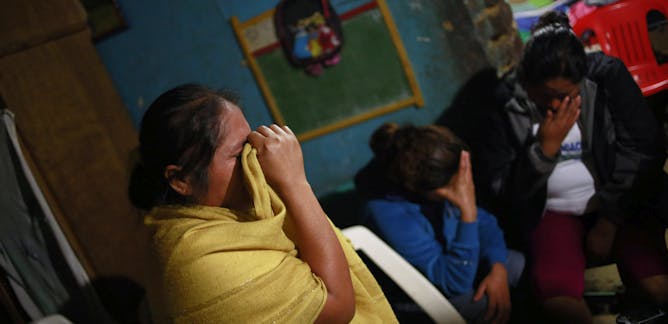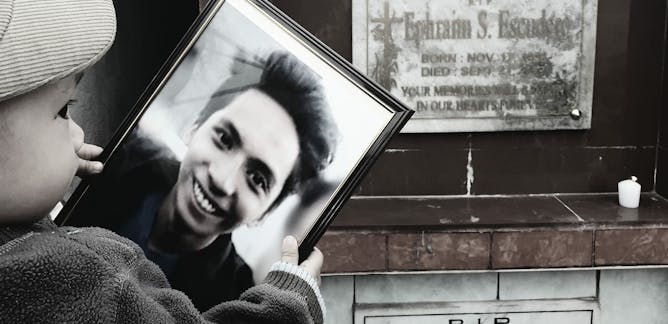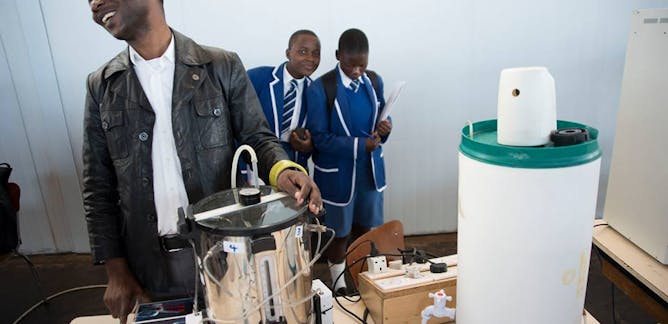|
|
|
Editor's note
|
|
People increasingly use social media platforms like Facebook and Twitter as their primary source for news and information. Studying social media habits, therefore, can offer rich insight into the political opinions of a nation. Brazilian researchers mapped the online behavior of 12 million Facebook users in Brazil in 2013, 2014 and 2016. What emerged was a stunning visual picture of an ever more polarized country. Then, in 2017, they mapped clicks in the US and Argentina, too, with predictably alarming results: both countries have split into two sides, right and left, that share almost no common ground. Pablo Ortellado and Márcio Moretto Ribeiro explain.
Hundreds of plaintiffs are suing Monsanto, contending that exposure to glyphosate – the active ingredient in its Roundup weedkiller – gave them cancer. The World Health Organization calls glyphosate a probable human carcinogen, but the U.S. Environmental Protection Agency says that used properly, it does not threaten human health. Epidemiologist Richard G. “Bugs” Stevens of the University of Connecticut explains why proving causation in medicine is much like proving it in a jury trial – and why it’s not easy in either setting.
|
Catesby Holmes
Global Affairs Editor
|

|
|
Top stories
|

Pablo Ortellado, Universidade de Sao Paulo; Márcio Moretto Ribeiro, Universidade de Sao Paulo
Data scientists mapped the online behavior of Facebook users in Brazil, the US and Argentina. The result is a startling visual portrayal of just how deeply polarized these nations have become.
| |

Richard G. "Bugs" Stevens, University of Connecticut
Hundreds of lawsuits against Monsanto contend that its popular Roundup weed killer gave users cancer. But proving this kind of connection is challenging in both science and law.
|
|
|
Politics + Society
|

Cecilia Farfán-Méndez, University of California San Diego
Ciudad Juárez, on the US-Mexico border, has suffered high levels of deadly violence for over a decade. New suicide data reveals the severe mental health impacts of living with chronic violence.
| |

Petra Molnar, University of Toronto; Anna Su, University of Toronto
From the war on drugs to a crackdown on human rights and environmental activists, life for Filipinos is increasingly nightmarish.
|
|
|
Science + Technology
|

Louise Bezuidenhout, University of Oxford
To truly understand their discipline, students need to interact with laboratory equipment. They must both fail and succeed at running experiments.
| |

David Flynn, Heriot-Watt University; Merlinda Andoni, Heriot-Watt University; Valentin Robu, Heriot-Watt University
Our energy supply underpins everything we do – so why is it exempt from the fair trade arguments used for food and clothing?
|
|
|
Business + Economy
|
-
Odongo Kodongo, University of the Witwatersrand
Kenya's heavy debt burden is worrisome and could damage its economy in the long-term.
|
|
| |
| |
| |
| |
| |
| |
|
|
|
|
|
|
|